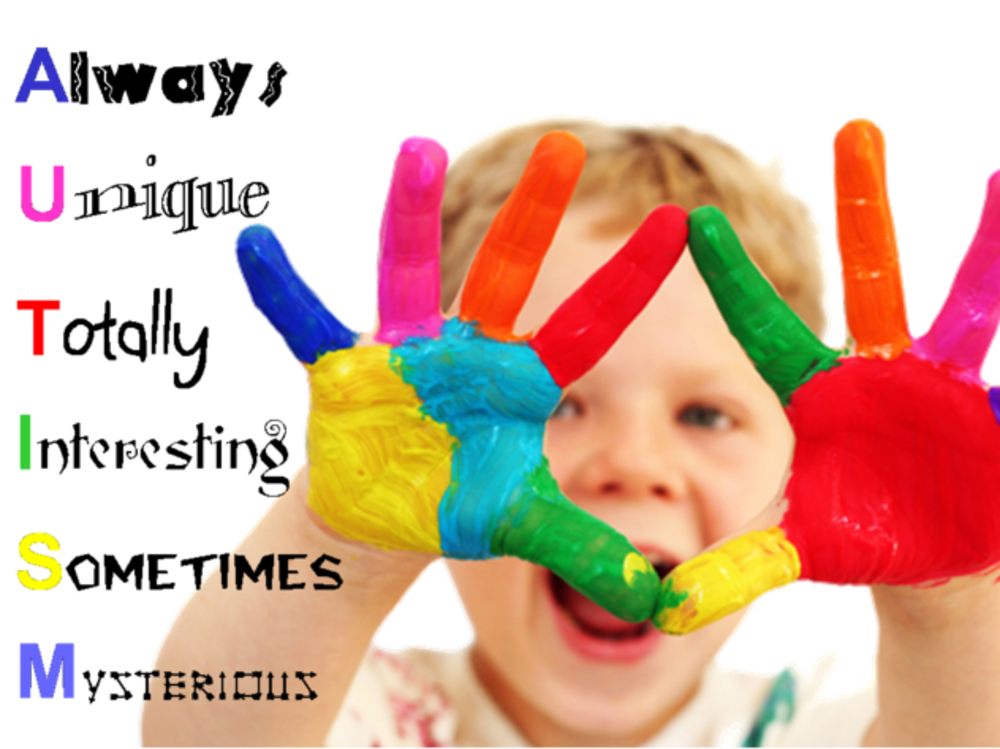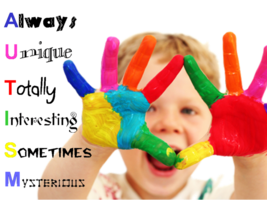On 2 April, International Autism Awareness Day, the Human Rights Ombudsman Peter Svetina finds that once again nothing has happened in the past year in the field of caring for people with autism: services for them are still dispersed and collaboration between ministries is poor, while civil society knocks on the doors of ministries in vain. Care for one of the vulnerable groups also enables solutions for the problems of other groups, hence the Ombudsman does not understand why the Ministry of Labour, Family, Social Affairs and Equal Opportunities does not devote any attention to people with autism. “I receive complaints in which civil society warns about the fact that the ministry does not even respond, let alone devote its time to solving their problems and meeting their actual needs,” emphasises the Ombudsman.
Thus, the Ombudsman calls on the Ministry of Labour and other competent bodies to follow the principles of an inclusive society and listen to the needs of people with autism for the establishment of day centres, appropriate non-institutional forms of supported living communities, and appropriate health care, and devote attention to other open questions. The Ombudsman calls on the Ministry of Economy to devote due attention to the employment of people with autism and in dialogue with employers form possibilities that will include not only adjusted jobs but also suitably trained mentors to help employees with autism, and other supporting services.
The Ombudsman again stresses that the implementation of services for people with autism and other social groups solely by announced programmes, without appropriate analyses or a systematic approach, is not the right way. “While the state is too slow (or has ceased) in finding partial solutions, many children with autism are growing up. As teenagers and later adults they find themselves in a position when many who want to and are able do not have the possibility to live independently. Autism is a life-long neurological peculiarity in the functioning of an individual and major changes cannot be expected in their condition, therefore it is necessary to form lifelong solutions that increase, and not decrease, the quality of life of people with autism,” adds the Ombudsman.
A systematic approach could also reveal how many experts in working with people with autism are needed and what kind of solutions should be formed. It is the responsibility of the state to take care of the vulnerable and enable professional and financial accessibility of regular treatment and therapies needed by people with autism. The Ombudsman believes that the rare, inconstant, and incomplete existing forms of help are not sufficient. “Just as autism is an obstacle invisible to the eyes of neurotypical citizens, distress of people with autism, their overwhelmed families, and their frequently forgotten siblings is also invisible. The question of how to enable them the support they need has to be addressed,” believes Svetina.
Upon International Autism Awareness Day, the Ombudsman adds that it is essential we familiarise ourselves with autism, since this is the only way we can understand and accept the peculiarities in the behaviour and functioning of people with autism and eliminate the stigma that additionally excludes them and causes them distress. “I would like to underline again that education about autism and specific approaches to the needs of people with autism has to be one of the key elements in action plans for an inclusive society,” emphasises Peter Svetina. “Public servants in particular are the ones who must be familiar with autism so that they are in 'the service' of people with autism and do not violate their rights in their work,” Svetina clearly states his expectations. He adds that only by getting to know the wide variety of diversity of the whole of society can we build a place for all in which nobody is overlooked.

